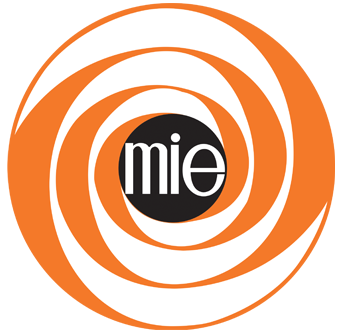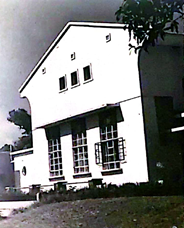 |
Before 1941, any person could become a teacher in primary schools by passing a prescribed professional examination organised by the then Education Department. While this system had many drawbacks, it however continued until Ward’s report on Education in 1941.
Ward’s report recommended that no new teacher should henceforth be employed in any primary or secondary schools unless s/he had satisfactorily undergone a professional training course in Mauritius or elsewhere. Accordingly, a teachers’ training college was set up in 1942, which was located at Beau-Bassin. Students who were recruited were mostly holders of the Cambridge School Certificate and those who had qualified at the training college. The college was responsible for training teachers until the late 1970s. |
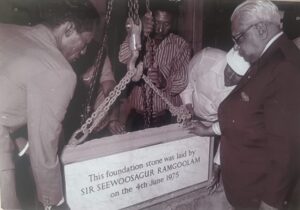 |
The creation of an institute of Education was first expressed in the Four-Year Plan (1971-75). In 1971, the government in Mauritius announced that an Institute of Education would be created to assume the responsibilities for teacher training, research and curriculum development.
Under the formal recommendation of UNESCO and UNDP, the Mauritius Institute of Education (MIE) was established through the MIE Act in 1973. All the responsibilities for training, previously held by the TTC, were then entrusted to the MIE from 1983. |
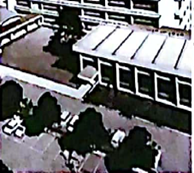 |
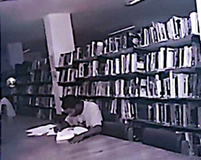 |
Intending to modernise and Mauritianise the school examinations, the MIE was, at its inception, a nucleus for the national examination for primary Education.
The Mauritius Examination Syndicate (MES), set up by an Act in 1984, subsequently took over this function set up by an Act in 1984. |
| Since then, the Mauritius Institute of Education has played a vital role in the planning and development of Education in the Republic of Mauritius. | 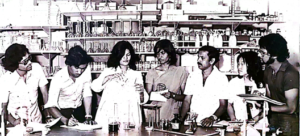 |
